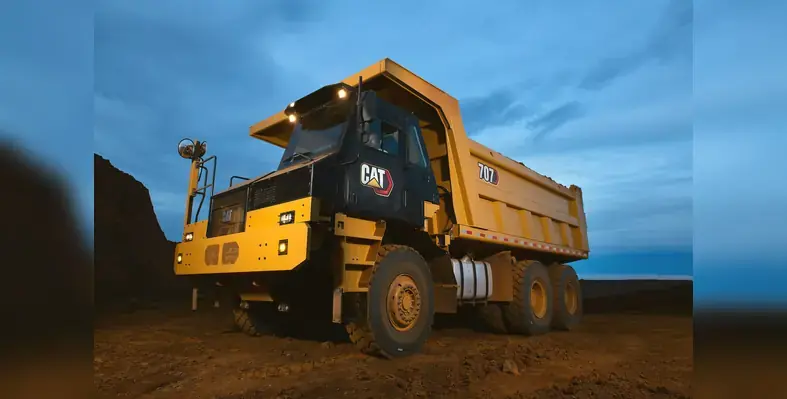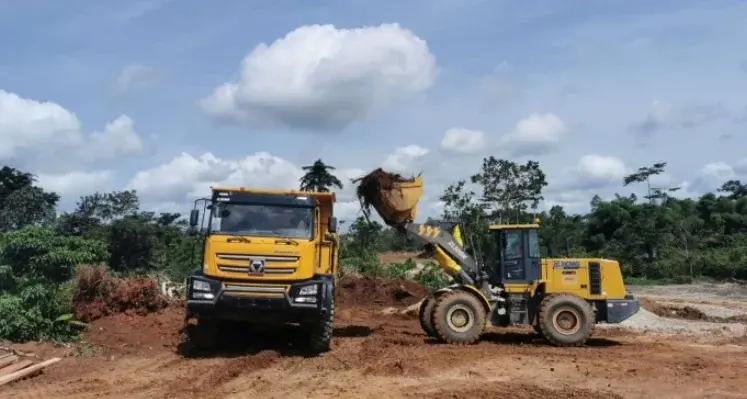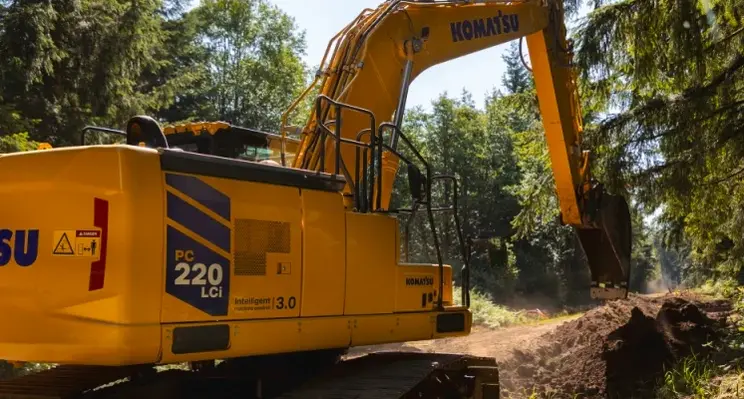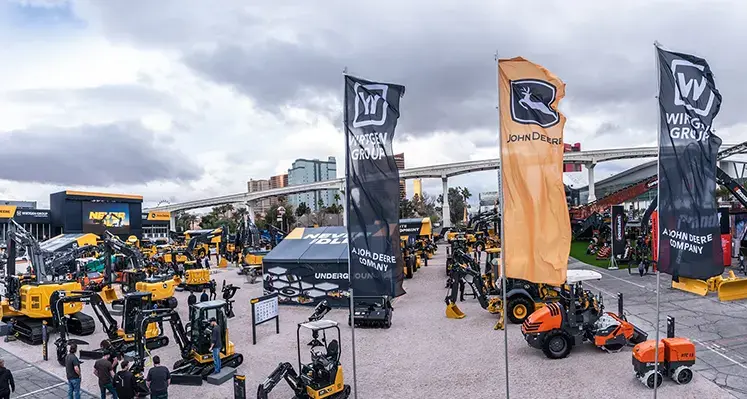Engineered for durability and high machine availability, the new Cat 707 wide body truck is built around a fully integrated Cat powertrain that combines a Cat C13 engine, Cat automatic transmission, and proprietary Cat axles
Designed to handle demanding haulage applications, the truck offers a maximum payload of 66 tonnes and is available in standard or heavy duty configurations, with body options of 40 m3 or 42 m3 to suit varying materials and site conditions.
Developed with Caterpillar’s rebuild focused design philosophy, the 707 wide body truck is intended to deliver consistent mechanical availability throughout its operating life while supporting a second lifecycle through cost effective rebuilds. This approach helps customers extend asset life and manage long term operating costs.
The new 707 wide body truck has been engineered, manufactured, and field tested using the latest technologies to ensure it is ready for work upon deployment. It is the first model in a new wide body truck product family that expands Caterpillar’s hauling systems portfolio.
“We have engineered our new wide body truck with a unique philosophy – it’s built to be rebuilt, offering consistent mechanical availability and longevity through a second lifecycle, which can help lower operating costs.” Angel Gonzalez, global product specialist at Caterpillar.
Performance and lifecycle efficiency
The Cat 707 can be configured with a 400 kW Cat C13B engine that meets China Nonroad Stage IV emissions standards, or a 358 kW Cat C13 engine that delivers U.S. EPA Tier 3 equivalent emissions. Both engine options are equipped with a high rated standard engine brake. Power is delivered through a six speed automatic transmission, with an optional integrated hydraulic retarder available for additional braking control.
To support reliability and uptime, the truck features proprietary Cat axles, integrated Cat powertrain controllers, and Cat designed wiring and electrical harnesses. Three levels of braking and retardation are available, including the engine brake, optional hydraulic retarder, and service and parking brakes. This combination improves downhill loaded control, enhances safety, and supports faster haul cycles.
The 707 wide body truck is designed for effective pass matching with Cat 986, 988, and 988 XE wheel loaders, as well as Cat 350, 374, and 395 excavators, helping to improve site productivity.
Operator comfort and training are supported through a left side operator seat and an optional right side instructor seat. The cab is mounted on a robust four point system and includes a standard falling object protective structure, with an optional rollover protective structure available. A reversing camera can be specified to improve maneuvering safety. Automatic shifting with simplified gear selection helps increase efficiency, while the hoist system delivers fast 20 second raise and lower cycle times to speed up material unloading.
Low operating and maintenance costs are supported by the integrated Cat powertrain mounted on a reinforced chassis. When combined with Cat Customer Value Agreements, customers can achieve higher uptime while maintaining reliable performance across multiple life cycles. Grouped service points reduce maintenance time, while a ground level engine shut off switch allows safe engine shutdown by stopping fuel delivery.
Parts commonality with other Cat machines, including the C13 engine, CX31RT transmission, and common cab, simplifies servicing and inventory management. LED lighting provides longer service life, brighter illumination, reduced power consumption, and improved resistance to vibration and moisture.
T
















